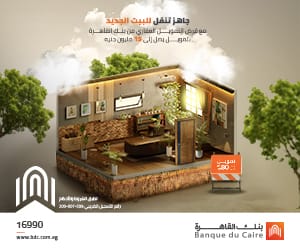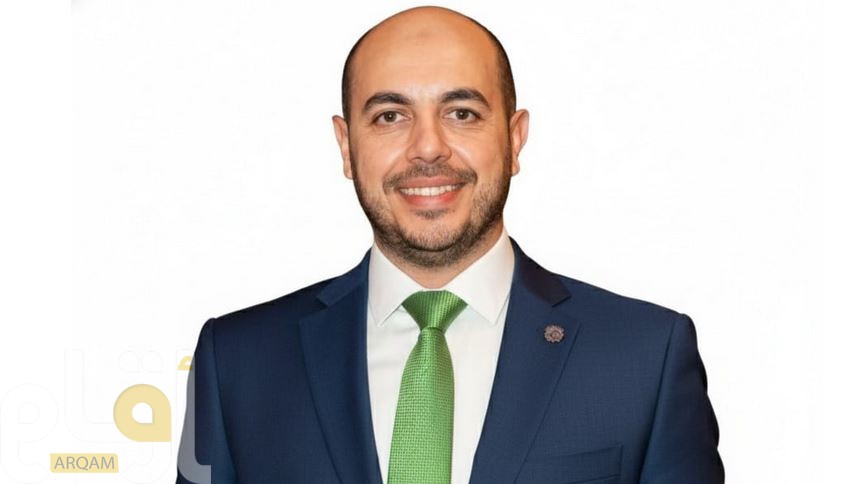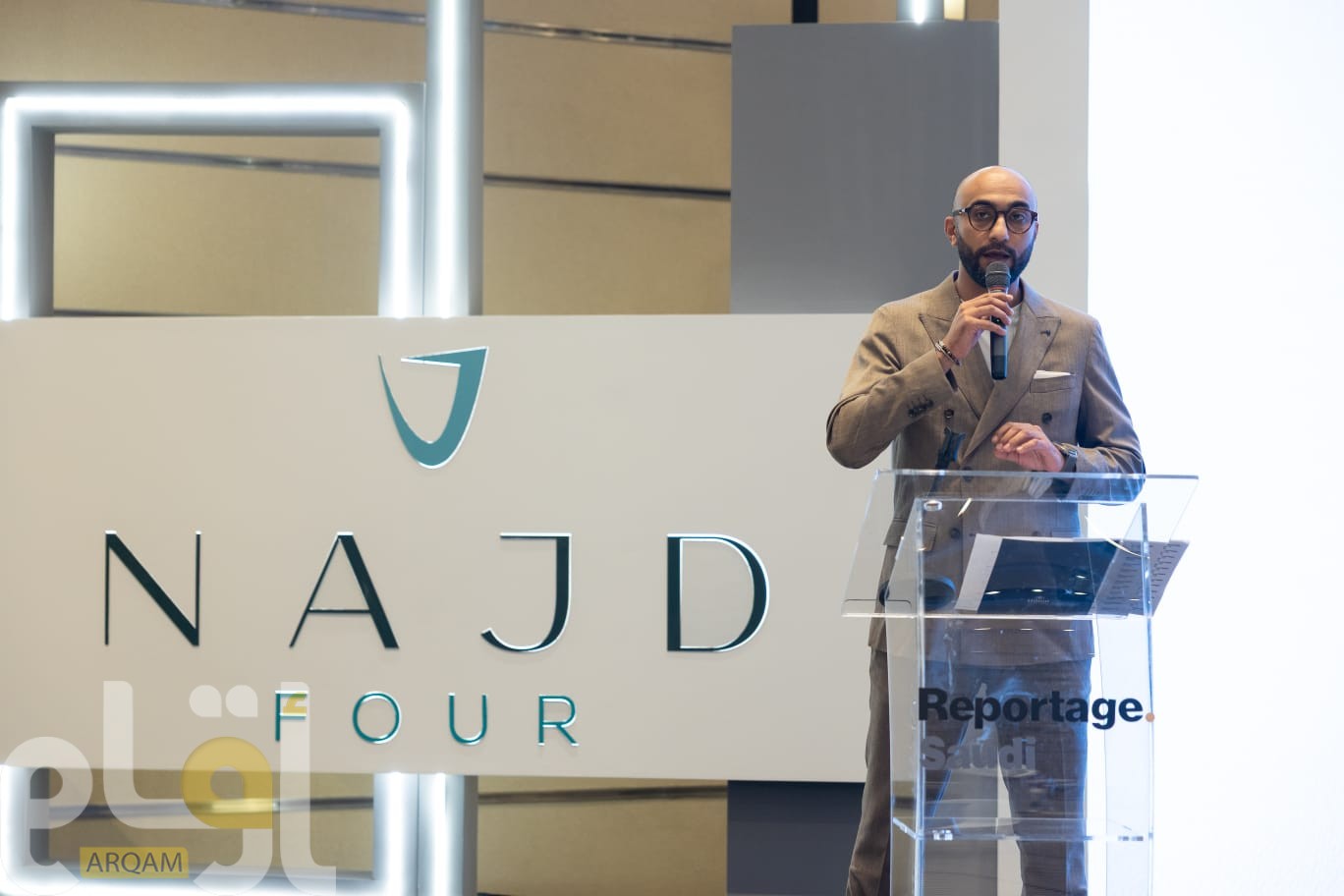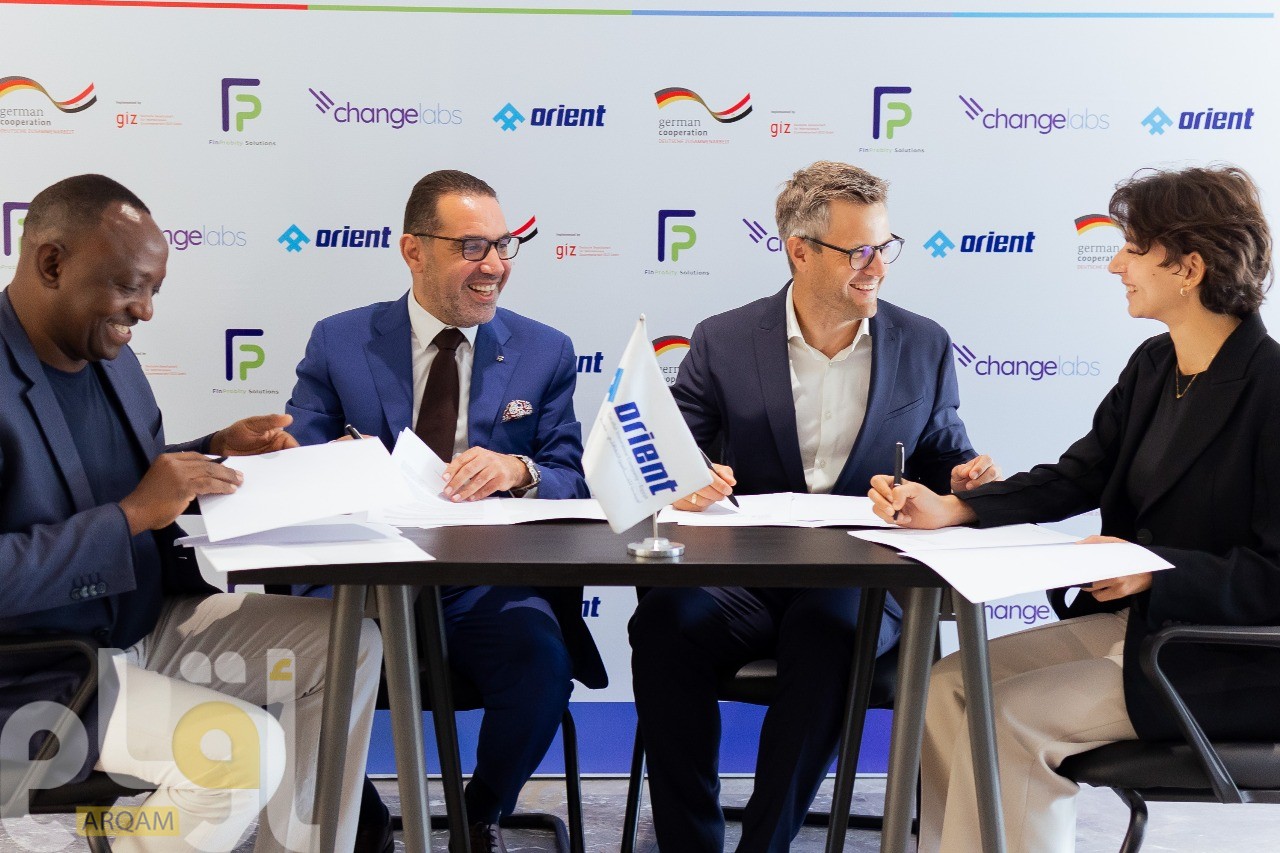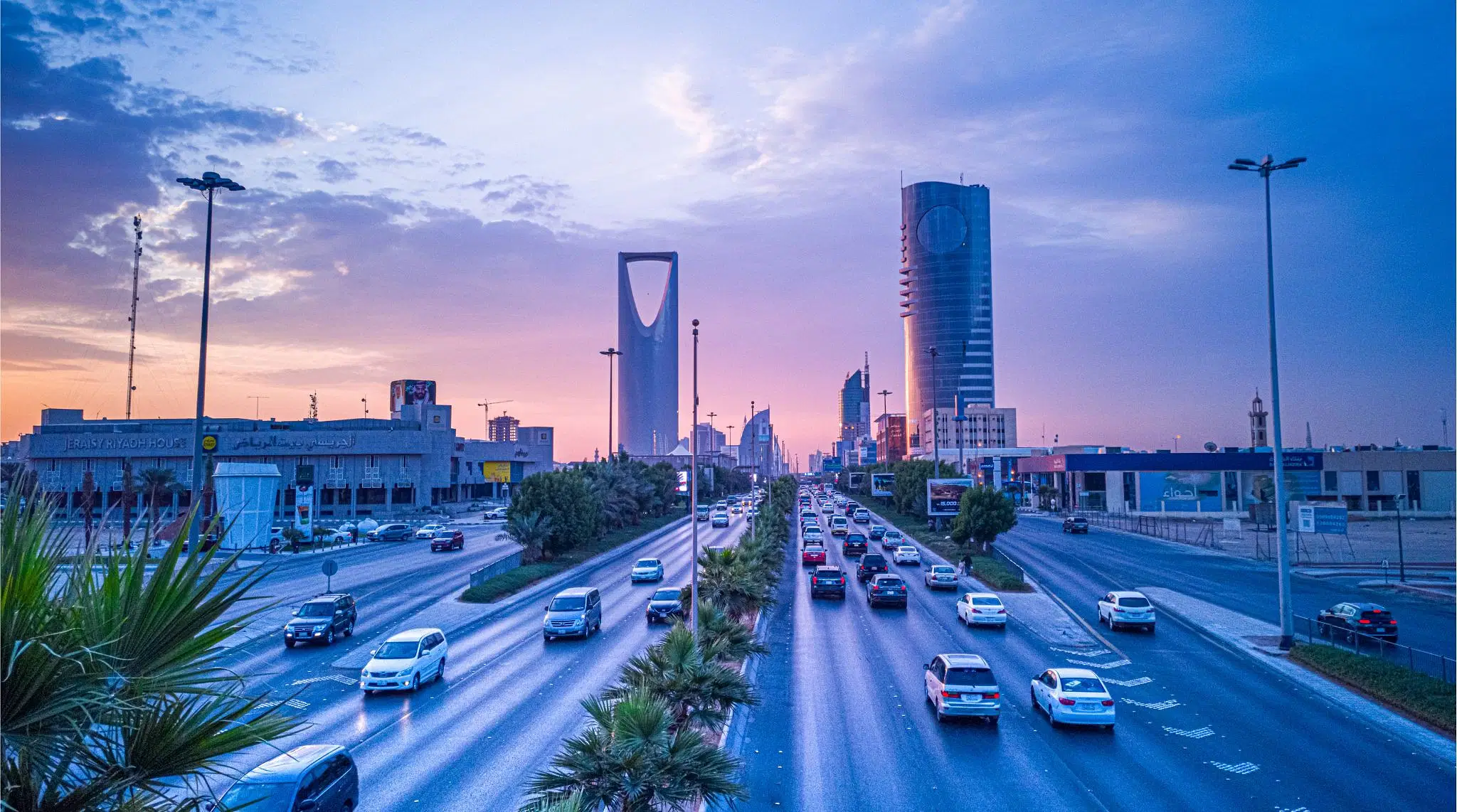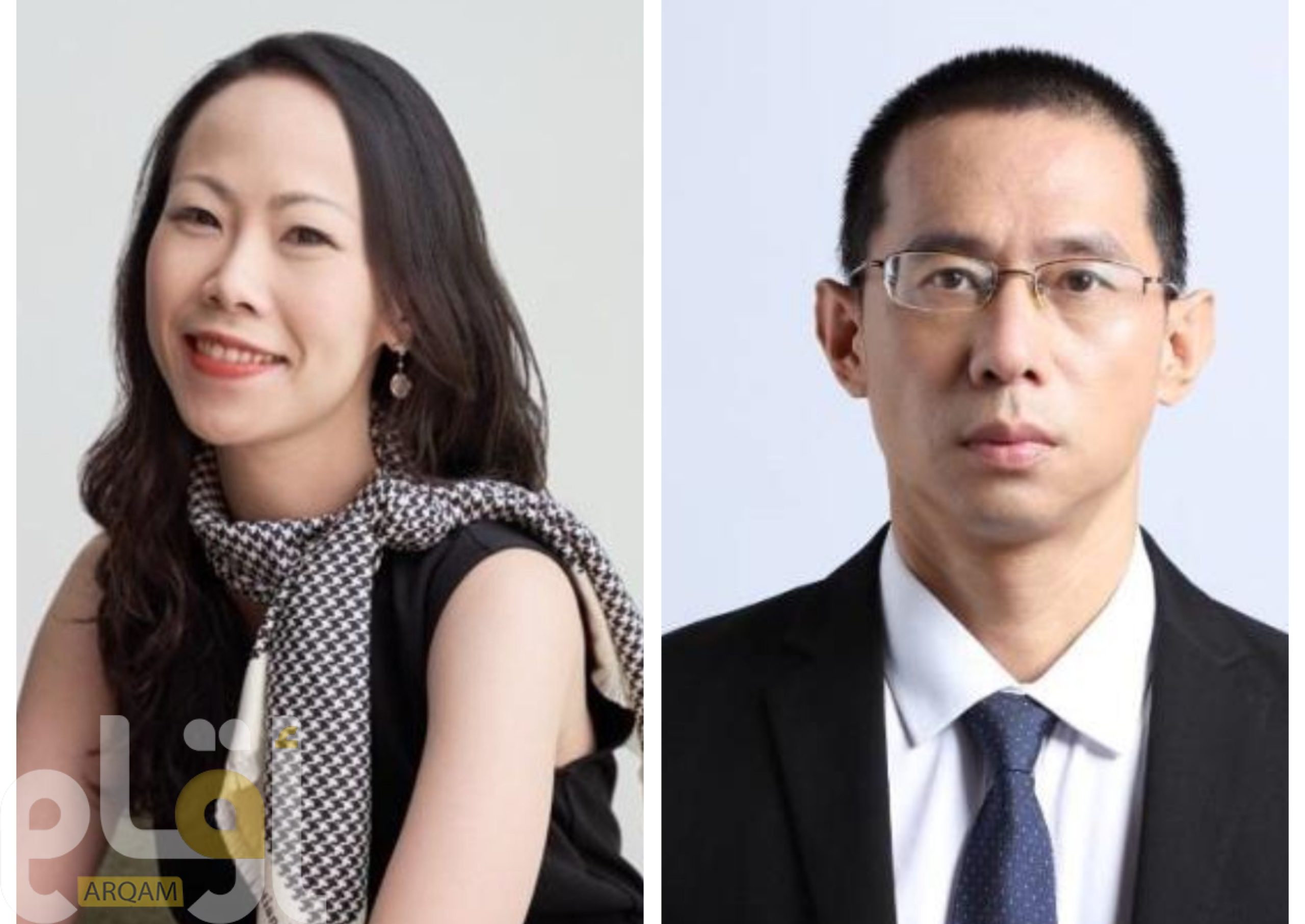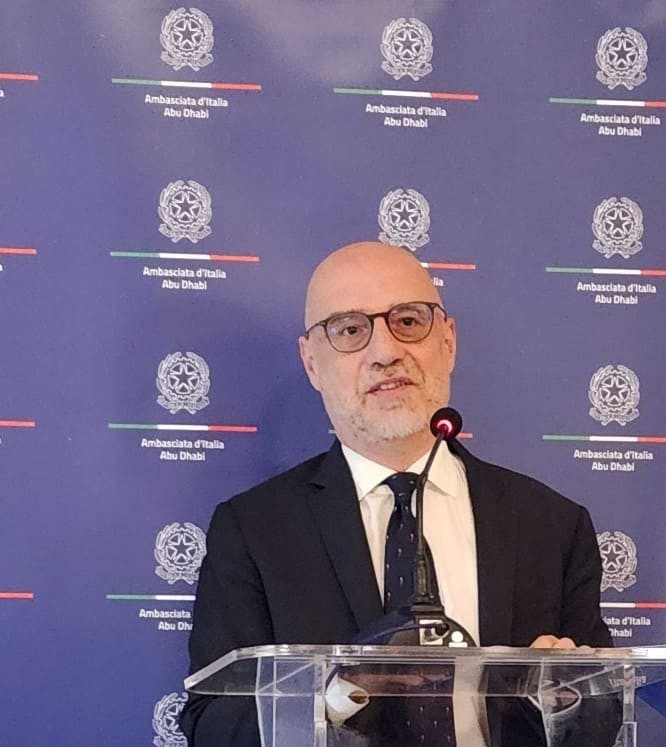The Imam Turki bin Abdullah Royal Nature Reserve Development Authority has officially joined the Man and the Biosphere (MAB) Programme of the United Nations Educational, Scientific and Cultural Organization (UNESCO), becoming the first Saudi royal reserve to receive this prestigious international recognition. This milestone underscores the Kingdom’s steadfast commitment to conserving its natural environments and advancing its global presence in biodiversity preservation and sustainable development, in line with the goals of Saudi Vision 2030.
His Royal Highness Prince Turki bin Mohammed bin Fahd bin Abdulaziz Al Saud, Minister of State, Member of the Council of Ministers, and Chairman of the Board of Directors of the Imam Turki bin Abdullah Royal Nature Reserve Development Authority, stated: “This international recognition is not merely an environmental achievement; it stands as a global testament to the Kingdom’s leadership, under the guidance of the Custodian of the Two Holy Mosques and His Royal Highness the Crown Prince, in presenting an exceptional national model for the management of royal reserves. It blends the richness of heritage with innovative conservation practices and reinforces the concept of sustainable development.”
His Royal Highness added: “This achievement reflects the outcomes of years of institutional work and comprehensive strategic planning that integrates environmental, societal, and economic dimensions.”
He further emphasized: “The guidance and support of His Royal Highness Prince Mohammed bin Salman bin Abdulaziz Al Saud, Crown Prince, Prime Minister, and Chairman of the Royal Reserves Council, have been instrumental in the advancement and prosperity of the protected areas sector in the Kingdom.”
Established in 1971, the Man and the Biosphere (MAB) Programme aims to ensure sustainability in plant and animal biodiversity and ecosystem diversity through rigorous scientific criteria applied to natural reserves worldwide. The program also seeks to enhance the quality of interaction between humans and their environment, monitor biosphere changes resulting from human activities, and mitigate their negative impacts.
This international recognition is attributed to the reserve meeting a set of global standards, including the sustainable management of high-value ecological areas, support for environmental education programs, enabling local community contributions to protection and awareness, and creating economic opportunities rooted in local natural resources. It reflects the Kingdom’s success in harmonizing ecosystem conservation with community development and the local economy.


